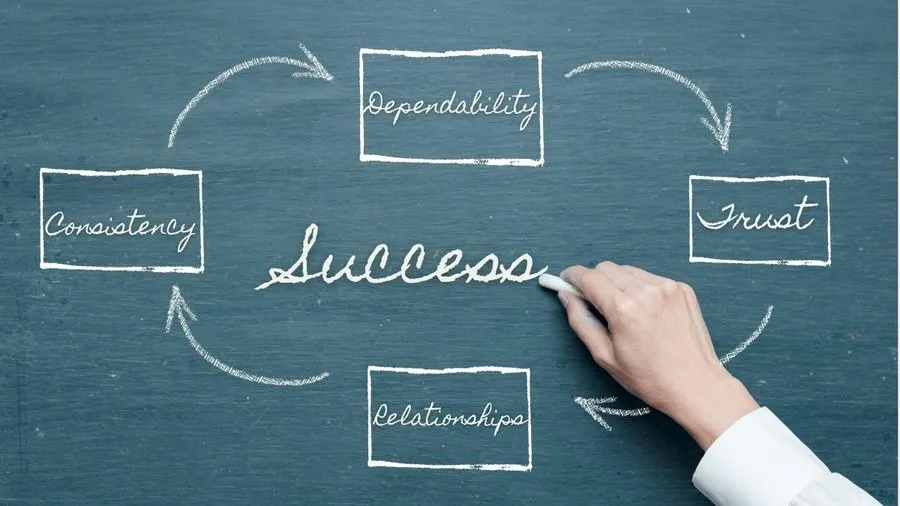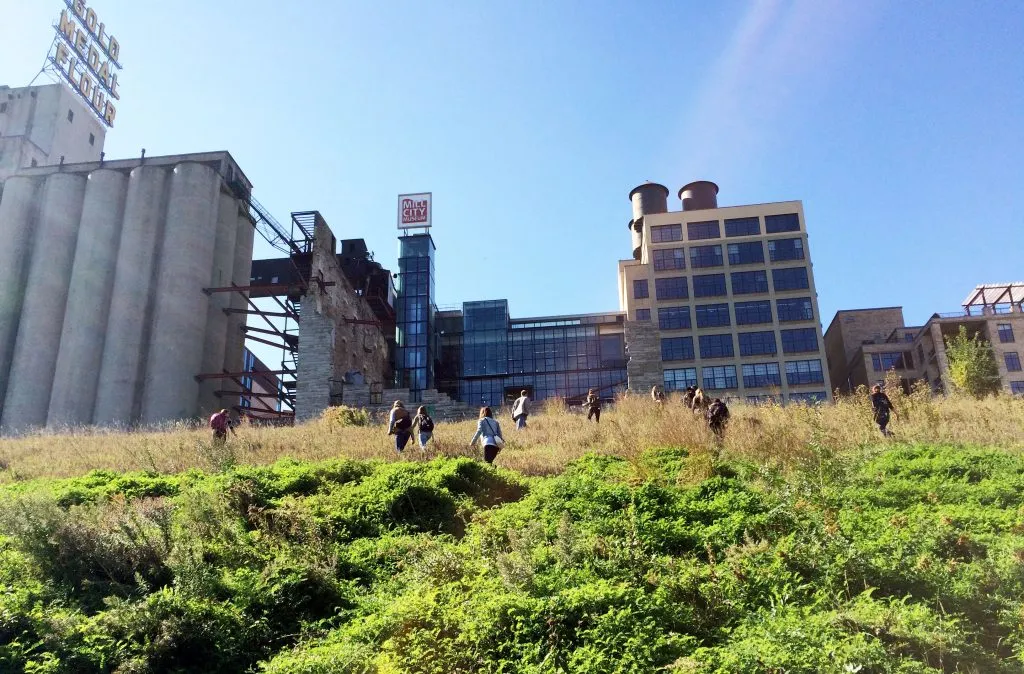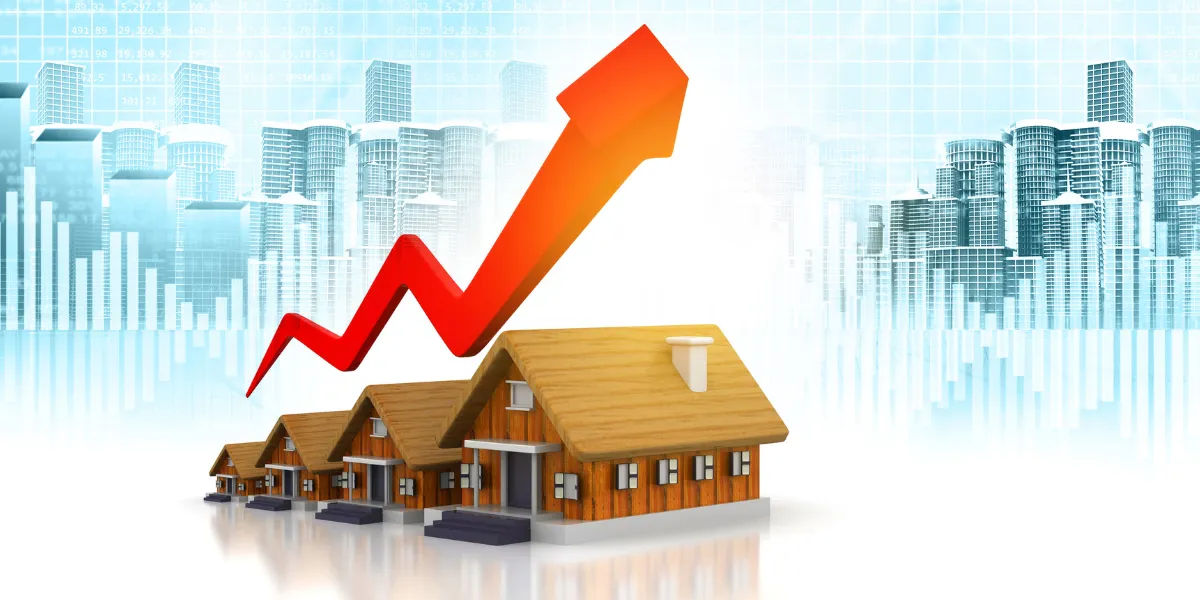Introduction
Inclusive developers are reshaping real estate by ensuring that communities are designed for all people, regardless of age, ability, or background. Their mission is to create spaces where diversity is celebrated, accessibility is prioritized, and every resident feels a sense of belonging. By integrating inclusivity into architecture, planning, and amenities, these developers are building neighborhoods that reflect fairness, equity, and shared opportunity.
The philosophy behind inclusive development begins with universal design. Inclusive developers create spaces that are accessible to individuals with different needs, from seniors and children to persons with disabilities. This often includes wider pathways, step-free entrances, ramps, tactile paving, and elevators that ensure mobility for everyone. By removing barriers to accessibility, they create environments that are welcoming rather than restrictive.
Housing diversity is another defining feature of inclusive projects. Developers often offer a mix of housing types and price points to ensure that communities are not limited to a single demographic. Affordable units, family-friendly layouts, and multi-generational designs allow people from varied economic and social backgrounds to live side by side, creating vibrant and balanced neighborhoods.
Cultural inclusivity also plays a key role in these developments. Developers often integrate community spaces where people can gather, celebrate traditions, and share experiences across different cultural and social groups. Parks, event halls, and multipurpose centers are designed to host festivals, workshops, and activities that strengthen community bonds and promote understanding.
Well-being is another cornerstone of inclusive development. Safe pedestrian-friendly streets, accessible healthcare centers, schools, and recreational areas ensure that every resident has access to the essentials of a healthy lifestyle. Developers also consider gender-sensitive planning, ensuring that public spaces are designed with safety, comfort, and inclusivity in mind.
From an environmental perspective, inclusive developers often combine accessibility with sustainability. Green spaces, community gardens, and eco-friendly technologies are incorporated to benefit all residents while promoting responsible living. These elements not only reduce environmental impact but also enhance the livability of communities.
From an investment standpoint, inclusive developments hold long-term appeal. By creating neighborhoods that welcome diverse groups of people, developers tap into broader markets and create communities with resilience, stability, and strong social value. Buyers and investors are increasingly drawn to projects that embody inclusivity, seeing them as both ethically responsible and commercially sustainable.
Conclusion
Inclusive developers are more than builders—they are advocates for equity and belonging. By designing communities that welcome diversity, remove barriers, and foster connection, they are creating environments where everyone has the opportunity to thrive. As the real estate industry evolves, inclusive developers will continue to set the standard for neighborhoods that reflect fairness, accessibility, and unity.




